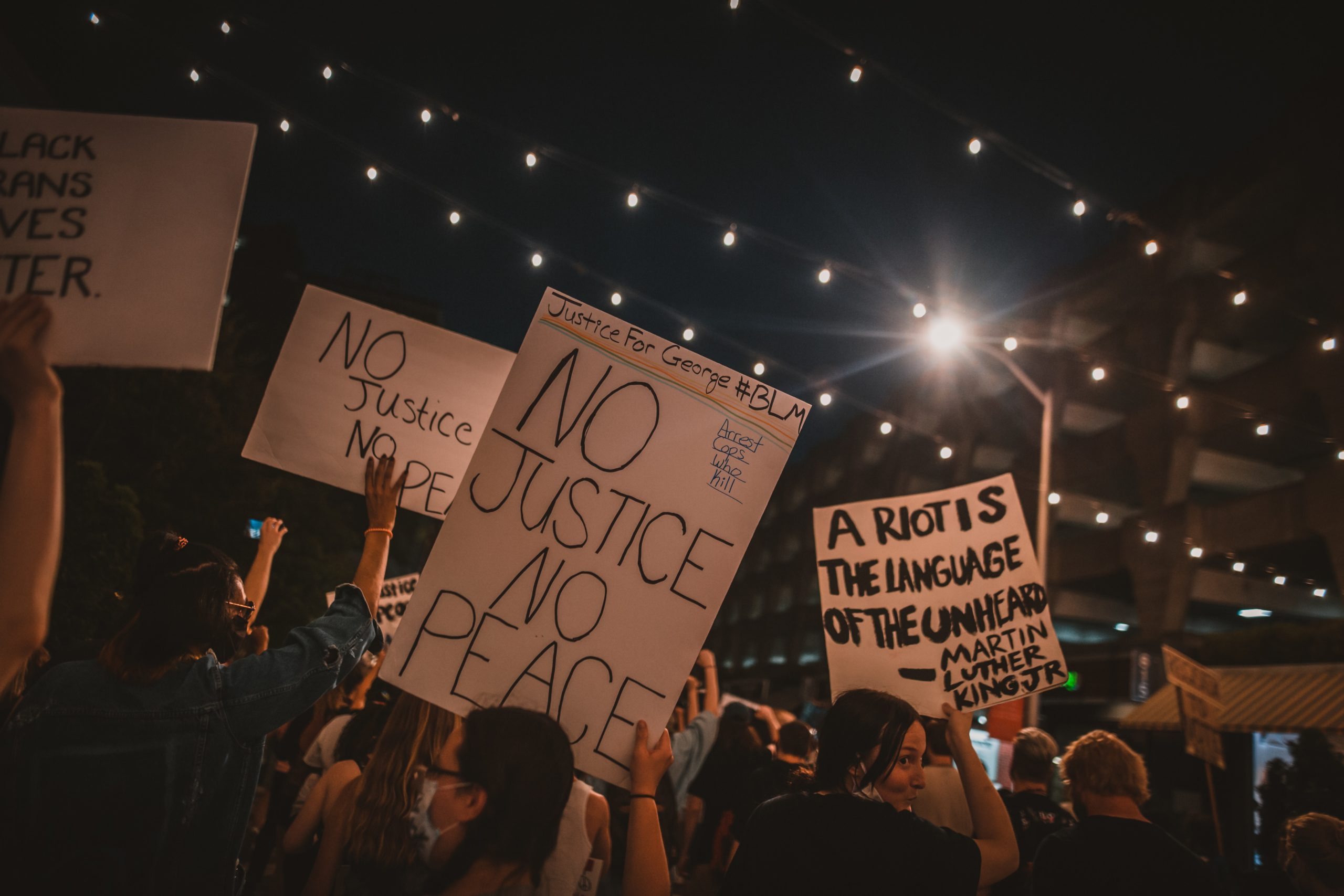It’s 2015, the new Millennium, but sadly, prejudice is alive and well in North America. Although there are more and more people who live a prejudice-free life, there are still far too many of us who see those from another culture, religion, ethnic or socioeconomic group, or with a different age, weight, sexual preference or gender identity as inferior, deficient or suspect.
Here in Toronto, one of the most multi-cultural and inclusive cities in the world, we want to believe that for the majority of us, our hearts and minds are open to everyone. Still, many of us quietly harbour prejudices and false perceptions toward individuals or groups whom we perceive to be in some way different from ourselves.
We walk around with distorted expectations of this group or the other, believing- quite wrongly- that “these people” are more aggressive; “those people” are more lazy, “this group” is deviant and “these folks over here” are dangerous. It’s all a lie, but we don’t stop to question our assumptions or get our reality tested.
Prejudice is born of ignorance and fear; it’s something we learn from our family and society, but it’s something we can unlearn, if we have the motivation or encouragement to do so.
Prejudice and racism can have an impact in many aspects of our lives. People might not rent an apartment to us; we might not get hired for a job; we might not be allowed to join a club, and we might experience harassment or bullying, if the people on the other end “disapprove” of who they perceive us to be.
They won’t say to our face that the reason they’re being hurtful to us or depriving us of these opportunities is prejudice, but we often suspect it, and it cuts us to the quick.
In the business world, racism and prejudice can significantly damage the bottom line. If managers exhibit prejudice or racism, it adversely affects workplace morale and lowers productivity. If employees demonstrate these attitudes in their dealings with the public, stories go out onto social media and hoards of people stop frequenting the place of business.
For example, just this week, Aritzia, a popular retail clothing business, was called out for racism when one of its Toronto store employees was overheard by a customer making a racist remark.
Aside from it being a toxic, terrible mindset, prejudice as a business practice makes no sense. In this enlightened era, there is no place for hurtful prejudice, racism, divisiveness or hatred; there’s no reason whatsoever for one group of people to feel superior to another.
Businesses, large and small, need to look closely at their culture and ascertain whether prejudice exists within their walls. If the heads of companies recognize the presence of prejudice, immediate corrective measures must be put into place.
Sensitivity training, which includes understanding, appreciating and accepting the differences between various ethnic or social groups, cultures and religions is a necessity, and will enable managers and employees to let go of any vestiges of divisive or hurtful thinking, and enter the 21st Century with open hearts and open minds.
Sign up here for my free biweekly wellness newsletter that brings you fresh, thought-provoking content.
Subscribe to my YouTube Channel to watch my series Moving into Autumn with Good Self-Care, where you’ll learn simple tips for taking the best care of yourself and your loved ones this fall season.
Tune in to my Ruthless Compassion Podcast where I go in-depth about topics like mental health, trauma, and loneliness.



